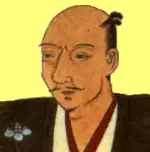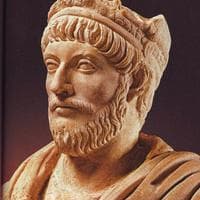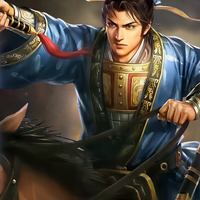{{ชื่อ}} ประเภทบุคลิกภาพ MBTI
บุคลิกภาพ
"Rudolf II, Holy Roman Emperor ประเภทบุคลิกภาพประเภทใด Rudolf II, Holy Roman Emperor เป็นประเภทบุคลิกภาพ INTP ใน mbti, 5w4 - SX5 - 459 ใน Enneagram, ใน Big 5, ใน Socionics"
In many aspects, he was NOT fit to be a ruler. His main interest was to ardently devote himself as a patron of science, alchemy and archeology. He would have done better if he were a minor nobleman, he could have been remembered more positively in history as a good scientist and patron. He was also a generous patron of Kepler, encouraging him in his studies. He just wasn't cut out to be a ruler, let alone a powerful emperor. He also didn't like to be in the company of others, especially the court people. Instead, he usually spent his free time alone, dabbling in his own interests. (*cough* kinda like a typical modern INTP stereotype-never leave own room, sulking in one's own emo corner, dabbling in otaku-like interests) So of course, he became more and more estranged from his own court and his people began to criticize him openly as his political failures became so obvious. In the end, when he died, no one mourned for him. His death was more likely a relief to the people who were tired of his unsociable and incompetent ways as an emperor and politican.
ชีวประวัติ
Rudolf II (18 July 1552 – 20 January 1612) was Holy Roman Emperor (1576–1612), King of Hungary and Croatia (as Rudolf I, 1572–1608), King of Bohemia (1575–1608/1611) and Archduke of Austria (1576–1608). He was a member of the House of Habsburg. Rudolf's legacy has traditionally been viewed in three ways: an ineffectual ruler whose mistakes led directly to the Thirty Years' War; a great and influential patron of Northern Mannerist art; and an intellectual devotee of occult arts and learning which helped seed what would be called the scientific revolution. Rudolf succeeded his father Maximiliam II on 12 October 1576. In 1583 he moved the court to Prague. Historians have traditionally blamed Rudolf's preoccupation with the arts, occult sciences, and other personal interests as the reason for the political disasters of his reign. More recently historians have re-evaluated this view and see his patronage of the arts and occult sciences as a triumph and key part of the Renaissance.
บุคลิกภาพ correlate

Henry VIII of England

Anne Boleyn

Elizabeth I of England

Oda Nobunaga

Ivan the Terrible

Catherine of Aragon

Mary I of England “Bloody Mary”

Suleiman the Magnificent







